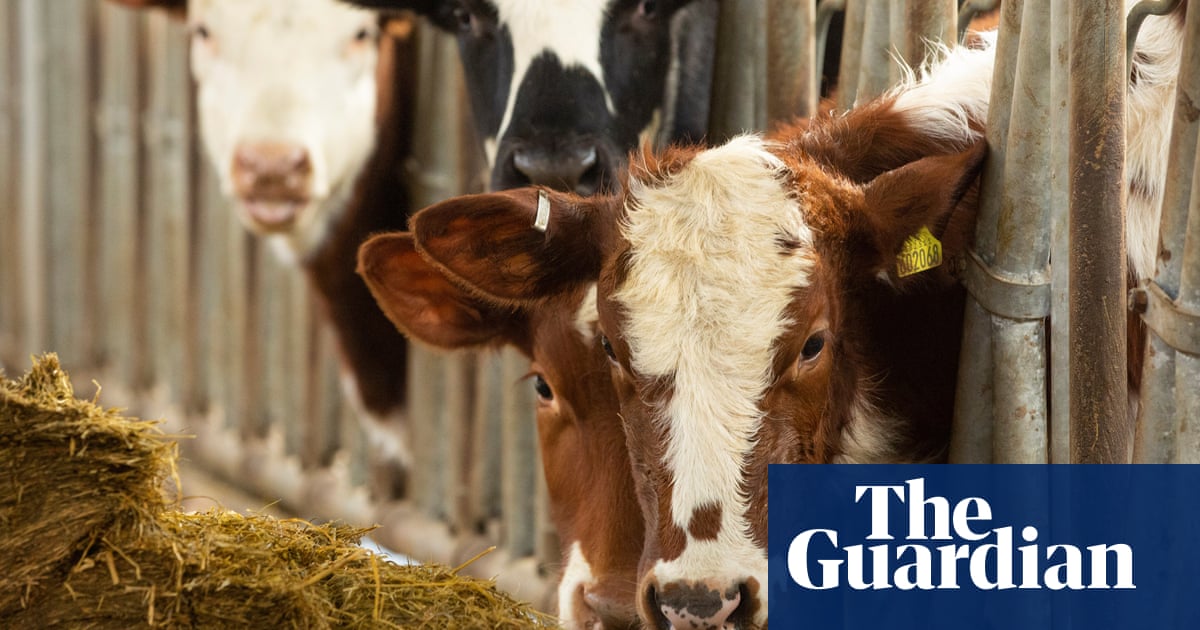The UK’s climate watchdog has warned thatScotlandneeds to take “immediate action at pace and scale” to cut its emissions after ministers axed a series of policy pledges.
TheClimate Change Committee(CCC), an official advisory body, said ministers in Edinburgh needed to take urgent action to curb emissions from buildings and transport to cut Scotland’s overall emissions to nearly zero by 2045.
In its annual report on its progress, the CCC confirmed the Scottish government’s original goal of cutting emissions by 75% by 2030 would be delayed by up to six years, because it had repeatedly missed its annual targets.
In an embarrassing reversal, last year the Scottish National party-led government hadto abandon that pledgeafter further stinging criticism from the CCC of its faltering progress.
Its ministers have since:
Abandoned a target to cut car miles by 20% by 2030.
Dropped a pledge to rapidly decarbonise homes by mandating low-carbon heating systems.
Cut funding for tree planting.
Missed targets to restore degraded peatland.
Ignored calls for a plan to cut meat and dairy consumption, and failed to use their powers to tax air travel more heavily.
They have now committed to replacing the previously legally binding annual targets with more flexible five-year carbon budgets, an approach already used by other UK governments, by drawing on the CCC’s new recommendations.
The CCC said that by 2030, in its first carbon budget, Scotland should cut its emissions by 57%, and then aim for a 69% cut by 2035 with its second budget. It should be 80% lower by 2040 and 94% by 2045, with the remaining emissions absorbed by trees, peatland and technologies that strip CO2from the air.
Gillian Martin, Scotland’s acting net zero secretary, said the CCC’s advice would be central to a new climate plan currently being drafted. Opposition parties and climate policy groups said its report bolstered their complaints that ministers were failing to match their rhetoric with action.
The Institute for Public Policy Research, a thinktank, said Scottish ministers should draw up new climate “missions” to set overarching policies for sectors with the biggest climate impacts such as heat in buildings, transport and land use, which would mandate action.
“It is time to break out of the obsession with price incentives and behavioural nudges,” said Dave Hawkey, an IPPR research fellow.
Sarah Boyack, Scottish Labour’s net zero spokesperson, said: “The SNP has already torn up one set of targets – we urgently need a real plan to meet the Scottish government’s remaining targets.”
The CCC singled out the rapid rollout of heat pumps and district heating for homes, mass insulation of homes, low-carbon transport, wholesale planning reform to speed up renewables, and far better funding for low-carbon farming for urgent action.
The Scottish Green party’s co-leader Patrick Harvie, whose power-sharing deal with the SNP was ripped up by the previous first minister, Humza Yousaf, said: “The Scottish government already knows, as we all do, that without serious effort we will fail to protect our world from catastrophic damage.”
The CCC said it believed Scotland’s 2045 net zero target was achievable, but the Scottish government’s internal advice was very gloomy about its prospects.Its current projections suggest it will miss that by 20m tonnes of CO2, unless there is a dramatic increase in policy interventions.
The CCC did not endorse Scottish Labour’s calls for new nuclear power stations in Scotland but also warned Scottish ministers they should not allow a new gas-fired power station to be built at Peterhead without carbon capture technology – something the UK government has not yet funded.
